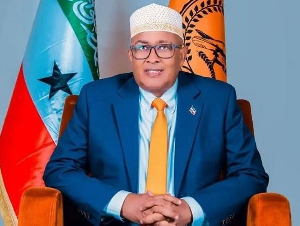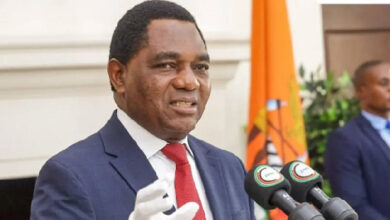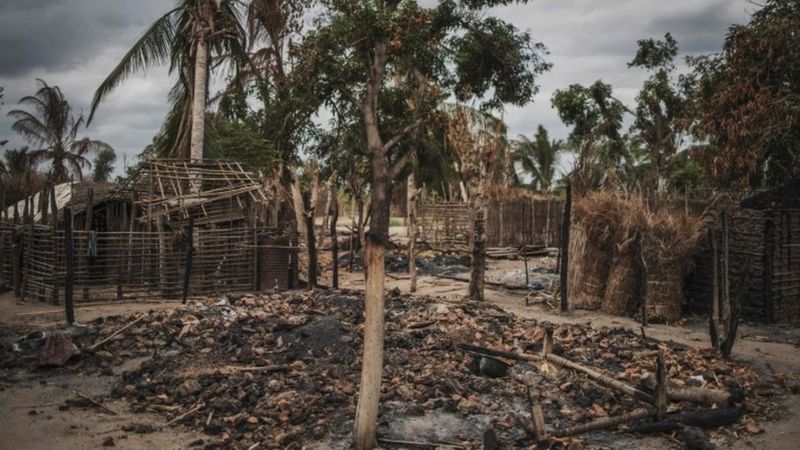Somaliland opposition leader wins presidential election

The opposition leader of the self-declared republic of Somaliland, Abdirahman Mohamed Abdullahi, has won the territory’s presidential election.
More popularly known as Irro, he won with 64% of the vote to become Somaliland’s sixth president since it broke away from Somalia in 1991.
The 69-year-old, a former speaker of Somaliland’s parliament, beat incumbent Musa Abdi Bihi, who took 35% of the vote.
Bihi had led the breakaway region since 2017, but critics described his style as paternalistic and dismissive of public opinion at a time when economic difficulties have undermined the value of the local currency.
Diplomats from nine European countries and the US witnessed the vote on 13 November, which had originally been scheduled to take place in late 2022.
Somaliland is located in a strategic part of the world, and is seen as a gateway to the Gulf of Aden and the Red Sea.
Despite its relative stability and regular democratic elections, it has not been recognised internationally.
Besides the economy, Somaliland’s new leader will have to grapple with the diplomatic fallout over a deal to lease landlocked Ethiopia a 20km (12-mile) section of its coastline for 50 years to set up a naval base.
As part of the agreement, announced on New Year’s Day, Somaliland expects to be recognised by Addis Ababa as an independent nation.
This has upset Somalia, which regards Somaliland as part of its territory – and it has said it views the deal as an act of aggression.
The former British protectorate of Somaliland joined the rest of Somalia on 1 July 1960.
In a conflict leading up to the overthrow of President Siad Barre in 1991, tens of thousands of people were killed in Somaliland and its main city of Hargeisa was completely flattened in aerial bombardments.
In the chaos that followed Barre’s departure, Somaliland declared its independence and has since rebuilt the city, created its own currency, institutions and security structures.
This is often contrasted to Somalia, which collapsed into anarchy for decades and still faces many challenges, including from Islamist militants, and does not hold direct elections.
Born in Hargeisa, Irro went to school in Somalia and later attended college in the US – graduating with a master’s degree in business administration.
After university he pursued a diplomatic career, joining Somalia’s foreign service in 1981.
He was posted to Moscow where he worked at Somalia’s embassy. During the civil war, he became the country’s acting ambassador to the former Soviet Union.
Many people fled Somalia during the conflict, which tore the nation apart, including Irro’s family who went to live in Finland.
He was able to be reunited with them there and obtained Finnish citizenship.
Irro returned to Somaliland several years later, entering politics in 2002 as co-founder of the opposition Justice and Welfare party (UCID).
He went on to serve as speaker of the parliament for 12 years.
It was during this time that he established the Wadani Party, which has grown to be a powerful political force in Somaliland and on whose ticket he won the 2024 elections.
Source: bbc.com





